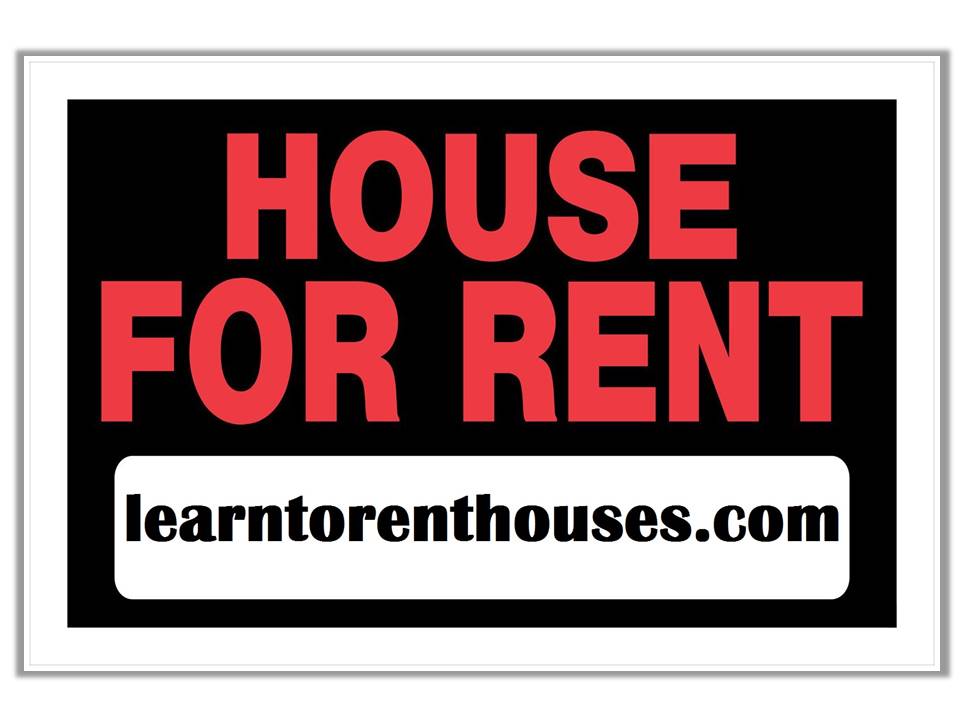Question: What do you say to a renter that is late on their rent?
Answer: “Hi, I was calling to check on this month’s rent.” (Then be quiet and let
them respond.) Or if they text, then text them and say:
“Just checking on the
rent”. Either way is very effective.
Question: Should I run a credit check on my prospective tenant?
Answer: If you have an inexpensive way to do so, it wouldn’t be a bad idea. However some good renters are renters because their credit is not good enough
to buy a home. In that case, their history as a renter is very helpful. I also like a good history on their car payments. Housing and car payments are usually a top priority for everyone.
Question: Isn’t an oral agreement legal?
Answer: In most states it is. You need to check your state laws. You can’t have an oral agreement (or written agreement) that disagrees with state law. For example, in many states, there is a limit on how large the deposit can be. Getting the tenant to agree on extra-large deposit doesn’t make it legal. Putting it in writing is always the best practice.
Question: How long should I keep tax records for my rental property?
Answer: Most individuals and small businesses keep the majority of their records for either 3, 6 or 7 years. However, rental property is different. To quote the IRS: “Generally, keep records relating to property until the period of limitations expires for the year in which you dispose of the property. You must keep these records to figure any depreciation, amortization, or depletion deduction and to figure the gain or loss when you sell or otherwise dispose of the property.”
All records relating to expenses that offset income such as advertising, utilities, mowing, etc. I keep for 7 years. Records relating to purchasing, major improvements, depreciating or the selling of your rental should be kept for 7 years after the date you paid your taxes for the sale of the house.
As always, consult your tax professional before relying on tax advise.
Question:Should I keep records for reasons other than that of taxes? If so, how long should I keep these records?
Answer: Yes, you want to keep records for insurance purposes as well as financing and the sale of the property. The length of time you need to keep these records will be different from that of tax record keeping.
Question: What all qualifies as expenses when you are renting out a house?
Answer: One way or another most every dollar you spend as a landlord toward the cost, management and maintenance of the property qualifies. For a complete list and other bookkeeping tips see my course: “29 Proven Tips on Buying and Managing Rental Property".
Question: Is this page finished yet?
Answer: No, it is still under construction. Check back soon.
|

Answers

